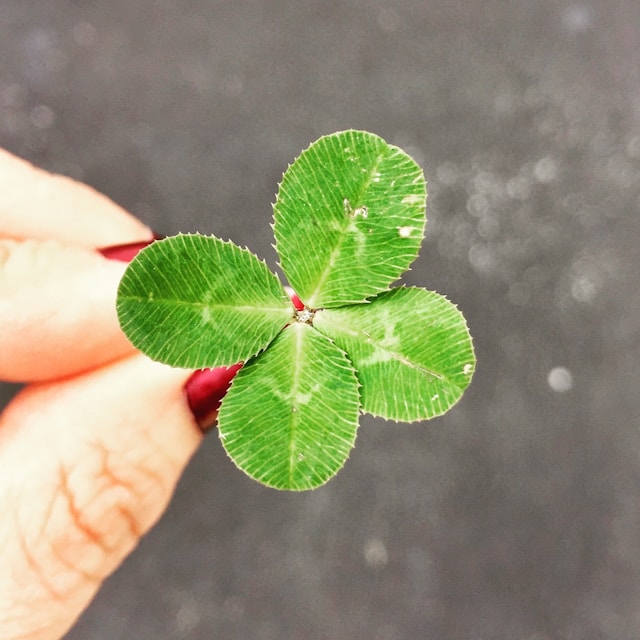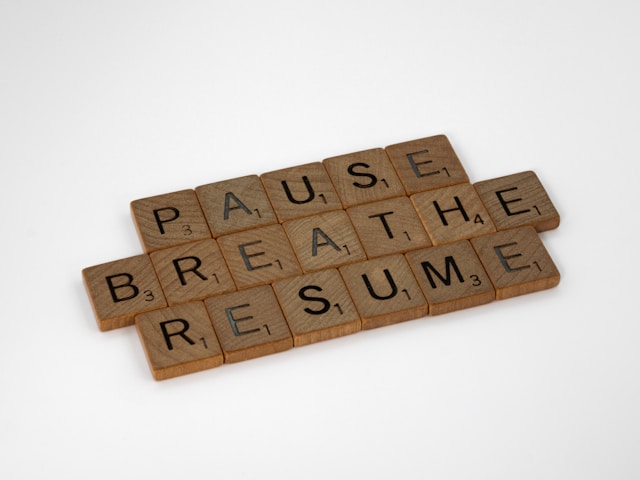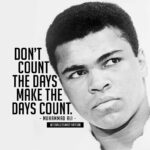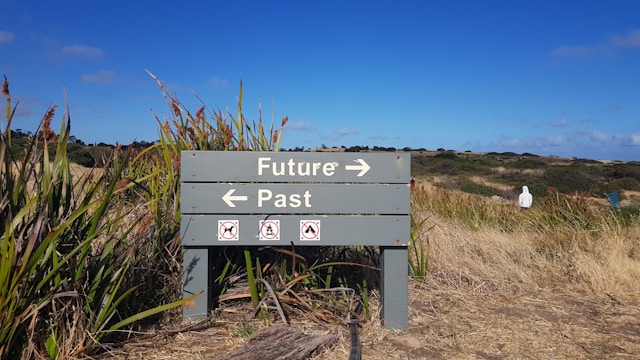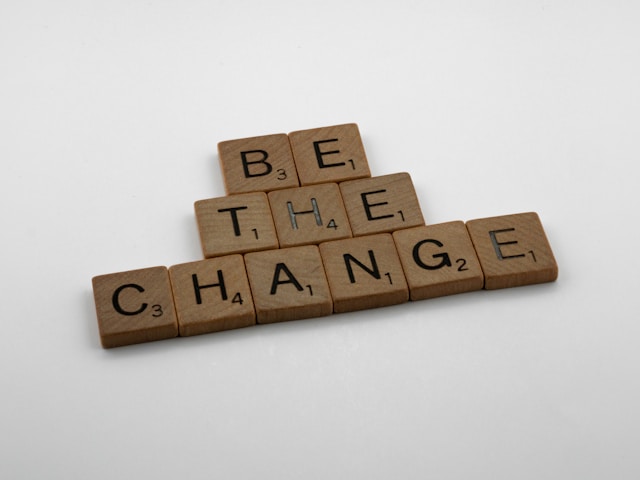“Luck is unevenly distributed, unpredictable, and unfair. If it weren’t, it wouldn’t be luck.”
—Seth Godin, American author, marketing expert, entrepreneur
Luck has never promised to play fair.
It sweeps in unevenly — granting one person a break while another stumbles despite equal or greater effort.
That’s the maddening beauty of it: Luck refuses to be predictable, earned, or controlled. If it followed rules, it wouldn’t be luck — it would be math, merit, or some reliable formula.
Instead, luck lives in the gaps between preparation and randomness. The danger is believing it owes us balance, when in truth it never has.
The opportunity lies in what we can control — our mindset, persistence, and readiness to seize luck when it lands.
We can’t script chance, but we can sharpen ourselves into people who make the most of it!
EXERCISE:
Take a minute at the end of your day to write down one event or moment when luck — good or bad — touched your life. Consider how you responded, and reflect on what you learned.

